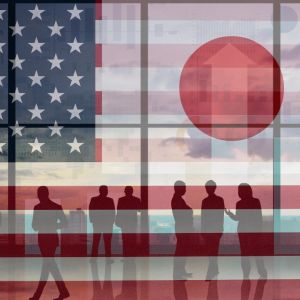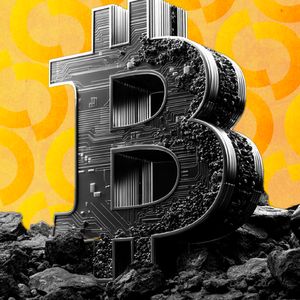Americans dumped a record $57 billion into Japan’s stocks and bonds in April, the highest amount ever recorded in a single month. The buying frenzy happened during the fallout of President Donald Trump’s so-called “Liberation Day” tariff announcement, which caused major volatility in global markets and crushed confidence in the US dollar. As capital looked for somewhere stable to land, investors turned to Japan, treating it as a safe place to stash funds in the middle of a chaotic global economy. The Japanese Ministry of Finance confirmed this week that the country saw ¥8.2 trillion worth of net foreign purchases in April alone. That number blows past anything in the records going back to 2005 and is more than three times the typical April average from the past 20 years. The inflows included $25.5 billion into Japanese equities, which hasn’t been seen since April 2023, and $31.5 billion into long-term bonds, the highest since July 2022. Global central banks poured cash into Japan Traders said the bond surge likely came from central bank reserve managers who needed to move money out of US assets fast. A big chunk of the buying landed in Japanese Government Bonds (JGBs)—seen as a liquid and stable option during uncertain times. Yujiro Goto, chief FX strategist at Nomura, said the size of long-term bond purchases “significantly exceeded” what’s typical for April. More importantly, he pointed out how unusual it was to see investors go hard into both bonds and stocks at the same time. Yujiro explained that the action looked like a de-dollarisation play, with foreign investors moving out of the US and into Japan, where the markets are big and stable enough to handle that much capital. Mansoor Mohi-uddin, chief economist at the Bank of Singapore, said the flood of money into Japan happened after investors got spooked by Trump’s economic policies, including his trade war and public shots at Federal Reserve chair Jay Powell. “There is probably some truth to the idea that Japan was seeing the effects of de-dollarization in April,” Mansoor said. He explained that when central banks diversify their reserves, they’re looking for liquid markets, and Japan fits that profile better than most. This week, Trump agreed to pause new tariffs on China for 90 days, which helped calm things down a little. But it’s still unclear whether that slowdown will stop the flow into Japanese markets. On May 9, Bank of America released new data from its institutional investor survey. Nearly every fund manager surveyed said Trump’s economic policies would lead to stagflation in the US That’s slow growth combined with rising prices. The survey also found that betting against the US dollar had become the most common trade among managers since Trump’s reciprocal tariff move. Even with the fear, BofA analysts said the dollar’s status wasn’t dead yet. They said the currency’s position “remains intact in absolute terms and relative to all viable alternative currencies.” Investors might be nervous, but the dollar still has no real replacement. Your crypto news deserves attention - KEY Difference Wire puts you on 250+ top sites
















